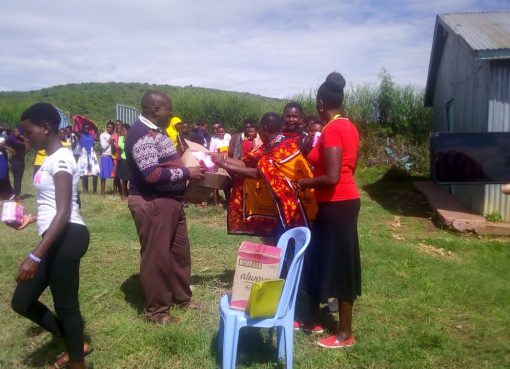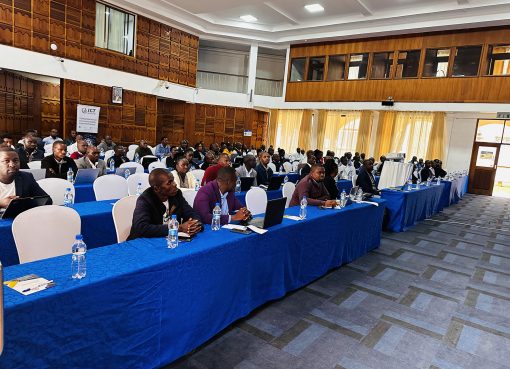Pyrethrum farmers in Nakuru County will benefit from environmentally friendly pesticides and farming technologies from the Swedish Government as the county promotes safe farming practises to protect biodiversity.
The Swedish Ambassador to Kenya, Caroline Vicini, noted that the Swedish government was concerned with the need to conserve biodiversity by eliminating the use of harmful chemicals and poisonous products in agriculture.
Speaking during a visit to Nakuru County to assess the second phase of the Agricultural Sector Development Support Programme (ASDSP) that was coming to a close, Ms. Vicini noted that pyrethrum had a great future for the farmers and there was a need to incorporate safe insecticides and pesticides to salvage the deterioration of biodiversity.
Vicini noted that ASDSP had capacity-built lower-level farmers to adopt profit-making ventures for better returns while enhancing crop resilience, reducing post-harvest losses, and introducing climate-resistant plant varieties.
“ASDSP targeted Pyrethrum, fish, and Cow milk production in Nakuru County, with 134 farmer groups having benefited from capacity building in the creation of business plans and market linkages for profit,” she added.
ASDSP, which has benefited from cooperation between the European Union, Sweden, the national government, and the county government, has seen the three value chains transform farmers across Nakuru County.
Governor Susan Kihika, who played host to the visiting Ambassador, noted the success stories that had seen the price of cow milk improve by 37 percent following the purchase of cooling plants and the adoption of effective production methods by the 7,547 households under the programme.
“Pyrethrum is a flagship project for our county, and we expect to tap into its potential to create employment and wealth through the expansion of acreage under Pyrethrum to 30, 000 acres.
“Pyrethrum posted the highest profit margins at 81.93 per cent, with farmers reaping Sh240 against a cost of Sh79 for a kilo of the produce,” added Kihika, regretting that middlemen were still a menace in the agricultural sector value chain.
While calling on the rollout of phase three to benefit more farmers, Kihika emphasised that the collaboration was a vital step towards connecting innovative techniques and advanced technologies in the agricultural domain for a robust agricultural infrastructure.
“This partnership with Sweden marks a turning point in our pursuit of sustainable agriculture. Together, we will leverage cutting-edge research, implement smart farming practises, and empower our farmers with the knowledge and resources they need to thrive,” Kihika said.
Moreover, Kihika outlined ambitious plans to establish agricultural training centres across the county to ensure that even the most remote farming communities have access to modern agricultural know-how. The goal is to empower farmers with the latest practises and equip them with the skills needed to adapt to a changing climate and evolving market demands.
By Merceline Khaemba and Dennis Ariwa




